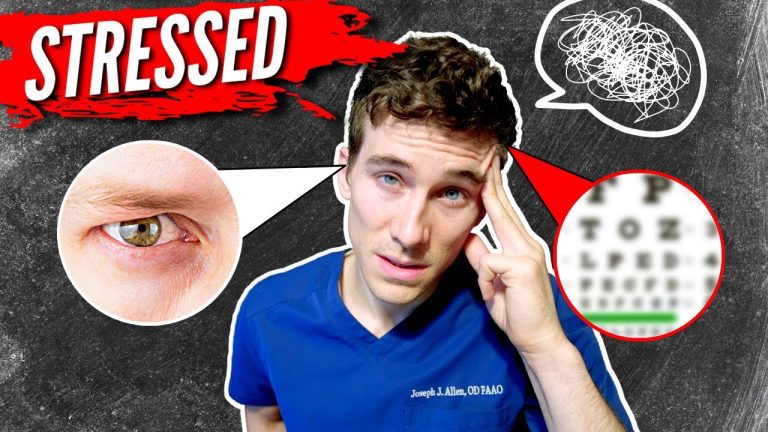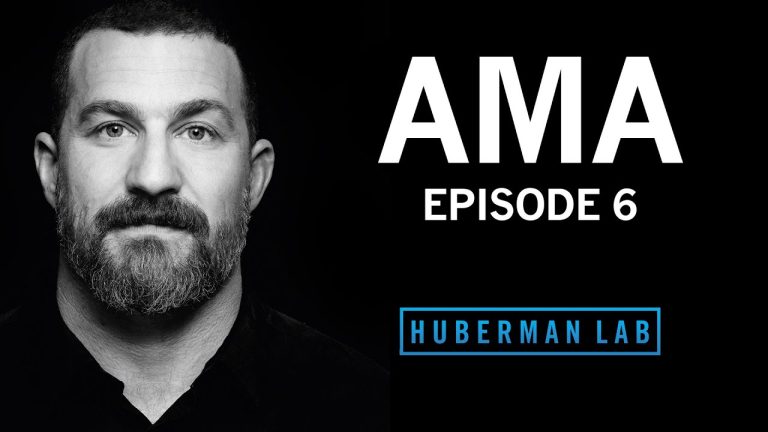Protecting Your Eyesight: Understanding and Avoiding Complications of Eye Surgery
For many people, surgery can be a life-saving procedure that alleviates pain and improves quality of life. However, as with any medical procedure, surgery carries risks and potential complications. While advances in surgical techniques have greatly reduced the likelihood of complications, they can still occur. It is important for individuals undergoing surgery to be aware of the potential risks and to discuss any concerns with their surgeon beforehand.
When it comes to eye surgeries, such as cataract surgery or LASIK, there are a number of potential complications to be aware of. While these procedures are generally safe and effective, it is important to understand that there is always a risk of complications. Some complications may be minor and easily treated, while others may be more serious and have lasting effects on vision.
Vision Loss
Perhaps the most serious complication of eye surgery is vision loss. While rare, it is a possibility that should be taken seriously. There are a number of factors that can increase the likelihood of vision loss, including age, underlying medical conditions, and the specific type of surgery being performed. In some cases, the vision loss may be temporary, but in other cases it may be permanent.
Infection
Infection is another possible complication of eye surgery. While steps are taken to minimize the risk of infection, there is always a chance that bacteria can enter the eye during the procedure. Symptoms of an infection may include pain, redness, and discharge from the eye. If left untreated, an infection can lead to permanent damage to the eye.
To minimize the risk of infection:
- Follow all post-operative care instructions closely
- Avoid touching or rubbing the eyes
- Keep the eyes clean and free of debris
- Avoid swimming or other activities that involve exposing the eyes to water
Delayed Healing
Sometimes, the healing process following eye surgery may be delayed. This can be due to a number of factors, including underlying medical conditions, the specific type of surgery being performed, and the patient’s overall health. Delayed healing can lead to discomfort and may require additional medical attention.
Visual Disturbances
It is common to experience some visual disturbances following eye surgery. These may include blurry vision, halos around lights, and sensitivity to light. In many cases, these disturbances will resolve on their own as the eye continues to heal. However, in some cases, they may persist and require further treatment or intervention.
While complications following eye surgery are relatively rare, it is important to be aware of the potential risks and to discuss any concerns with your surgeon. By following all post-operative care instructions, minimizing the risk of infection, and monitoring for any signs of complications, you can help ensure the best possible outcome following your surgery.
Most wanted in Hoya Vision:
Hoya Lens Engravings
What brand lenses does Costco use?
Which lens is better Alcon or Johnson and Johnson?
What’s the rarest eye color?
Legacy Eye Care Llc
What’s the difference between 1.5 and 1.6 lenses?
Hoya Sensity Vs Transitions Xtractive
Should eyeglasses cover eyebrows?
Wide Corridor Progressive Lenses
1.53 Trivex Impact Resistant















